The ceasefire deal between Israel and Hezbollah commenced on November 27, 2024, following nearly 14 months of intense conflict that resulted in significant losses and displacement on both sides, leaving over over 1.2 million Lebanese civilians displaced.
During his election campaign, President-elect Donald Trump pledged to prioritize ending the conflicts involving Israel, Palestine, and Lebanon, and in July 2024, Trump made clear his desire for Israel to conclude its military operations in Gaza, to Israeli Prime Minister Benjamin Netanyahu by the time he assumed the presidency.
With the ceasefire deal taking place approximately three weeks after Trump's election victory, Trump's team claimed responsibility for the development. Florida Representative Mike Waltz, Trump's designated national security adviser, stated on X, "Everyone is coming to the table because of President Trump," adding, "His resounding victory sent a clear message to the rest of the world that chaos won't be tolerated. I'm glad to see concrete steps towards de-escalation in the Middle East."
But some have credited the Biden administration for playing a pivotal role in brokering the ceasefire, particularly through the efforts of Amos Hochstein, a senior U.S. envoy specializing in Middle Eastern affairs, who allegedly negotiated with both Israeli and Lebanese officials, while mediating terms that both sides could agree to.
In light of this, Newsweek has reached out to political analysts to assess whether Trump, Biden, or other external factors were behind the Israel-Hezbollah ceasefire deal.

Alon Ben-Meir (ret) Professor of International Relations, New York University's Center for Global Affairs
Contrary to the statement of incoming National Security Advisor Mike Waltz, who claimed on social media that "everyone is coming to the table because of President Trump," there is simply no evidence of any direct involvement of Trump himself or his team in the ceasefire that was concluded between Israel and Hezbollah. The main players were the United States and France. President Biden in particular played a key role in the negotiations. The Biden administration, however, kept the Trump team informed about the progress in the talks, which is standard practice in times of presidential transitions.
Michael C. Desch, Packey J. Dee Professor of International Relations, Notre Dame International Security Center
While the imminent transition in Washington on January 21, 2025 is no doubt on all the parties' minds, I think that was less important than two other factors which I believe were a catalyst for this ceasefire deal.
1. Prime Minister Netanyahu realized, to his credit, that fantasies of completely destroying Hezbollah among some of his coalition partners, were just that, and he is getting out of Lebanon while the getting is good.
2. By signing this deal, he will take some pressure off Israel to cut a really painful deal over Gaza, perhaps buying time until the Trump Administration takes office in two months.
Richard K. Betts, Professor, Saltzman Institute of War and Peace Studies, Columbia University
It's impossible to know who was behind the ceasefire deal without knowing what, if any, communications there were between Trump and Netanyahu, or what calculations about effects on Trump's good will Netanyahu may have made.
My guess is that, most likely, Trump would have preferred no deal until he took office and could claim credit. But if the Lebanon ceasefire makes it easier for Israel to wrap up in Gaza and deliver a ceasefire thereafter Trump's inauguration, the Lebanon deal could be seen to benefit Trump.

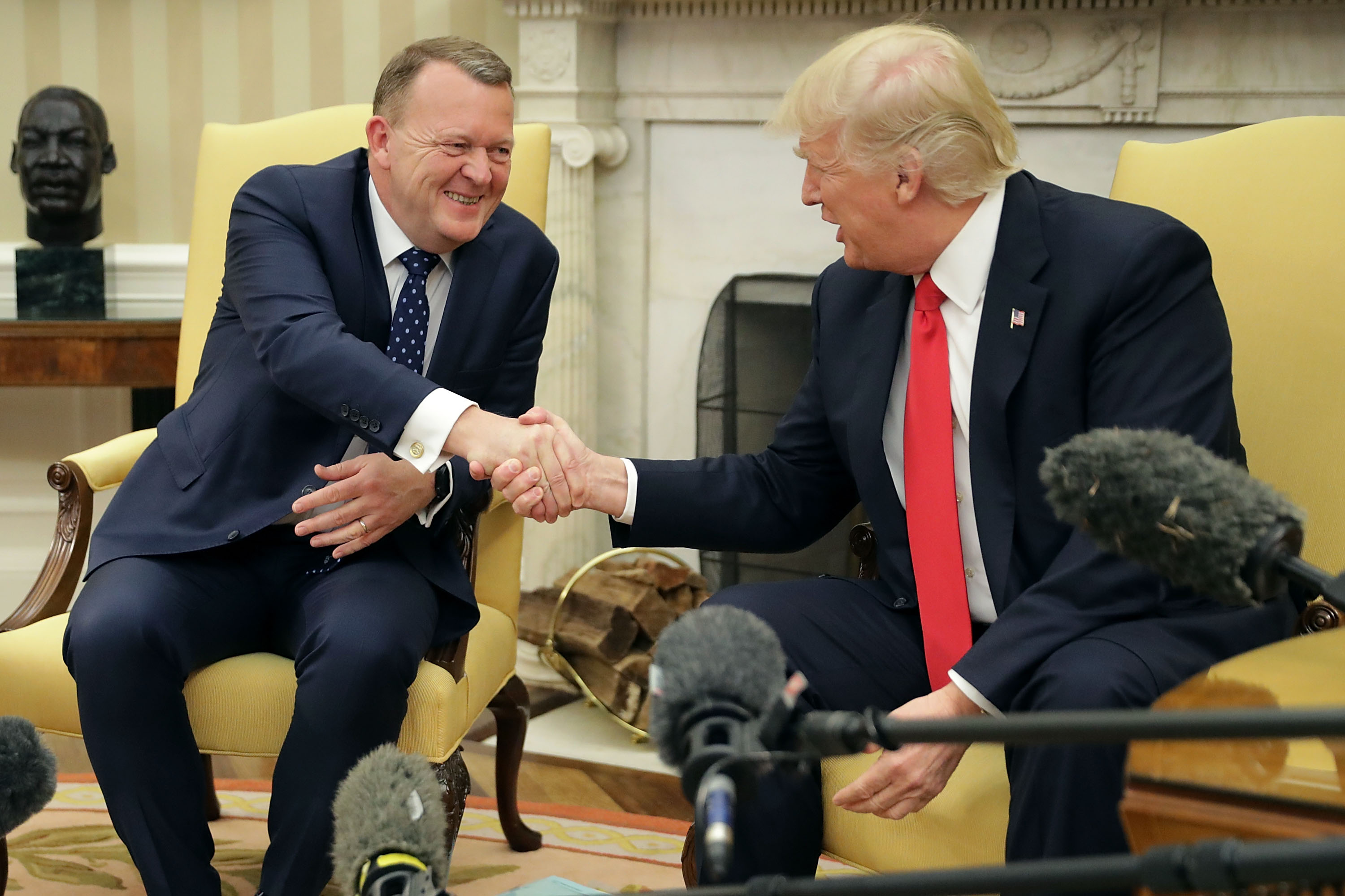
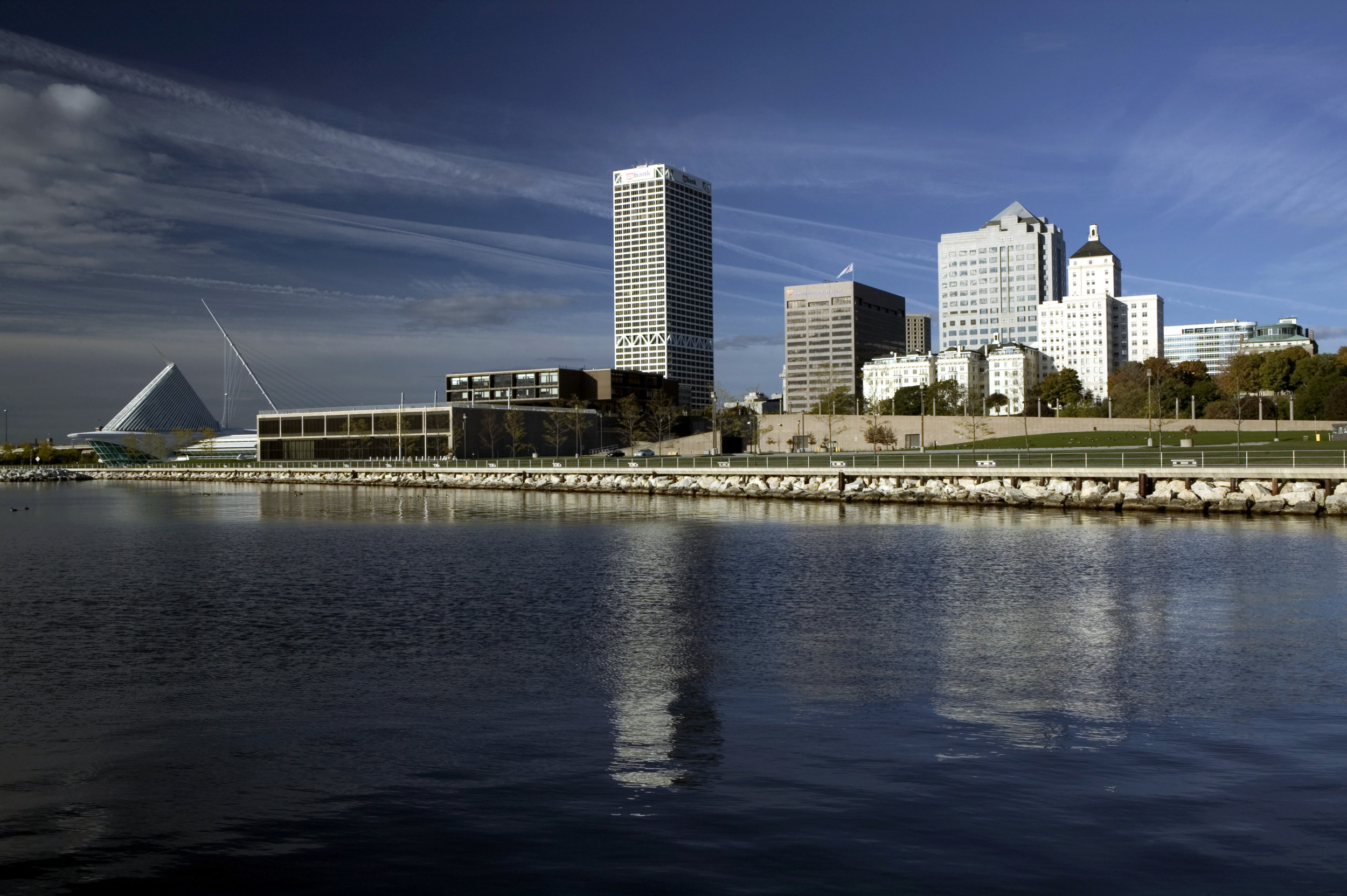
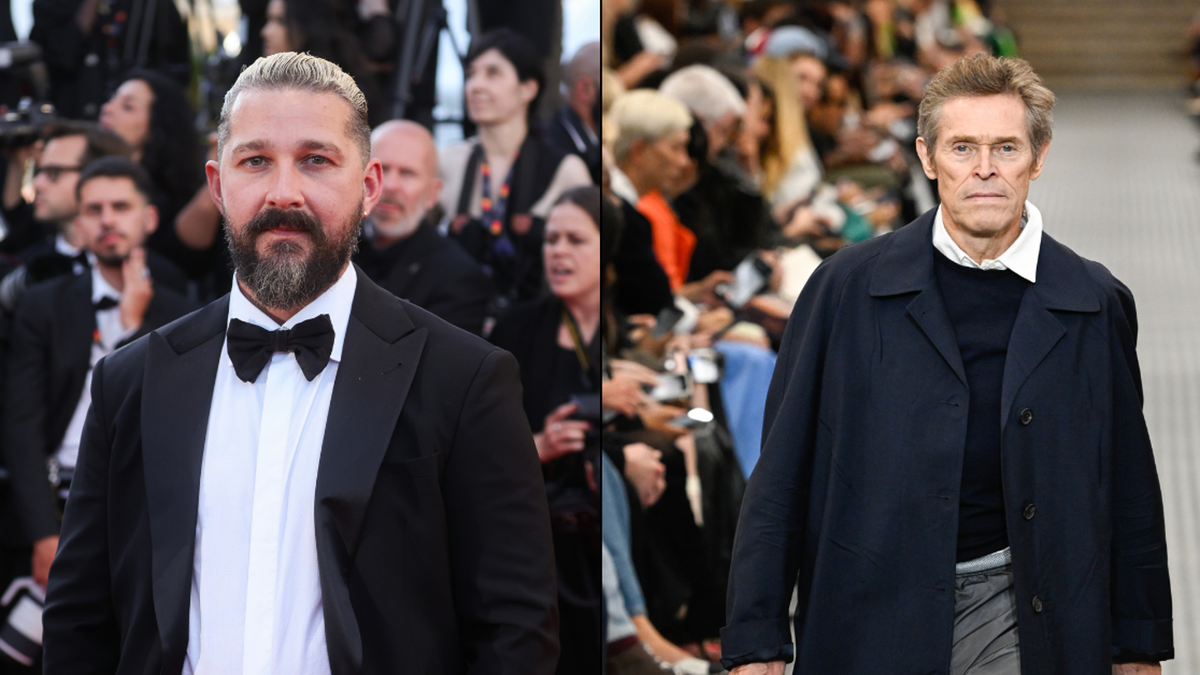
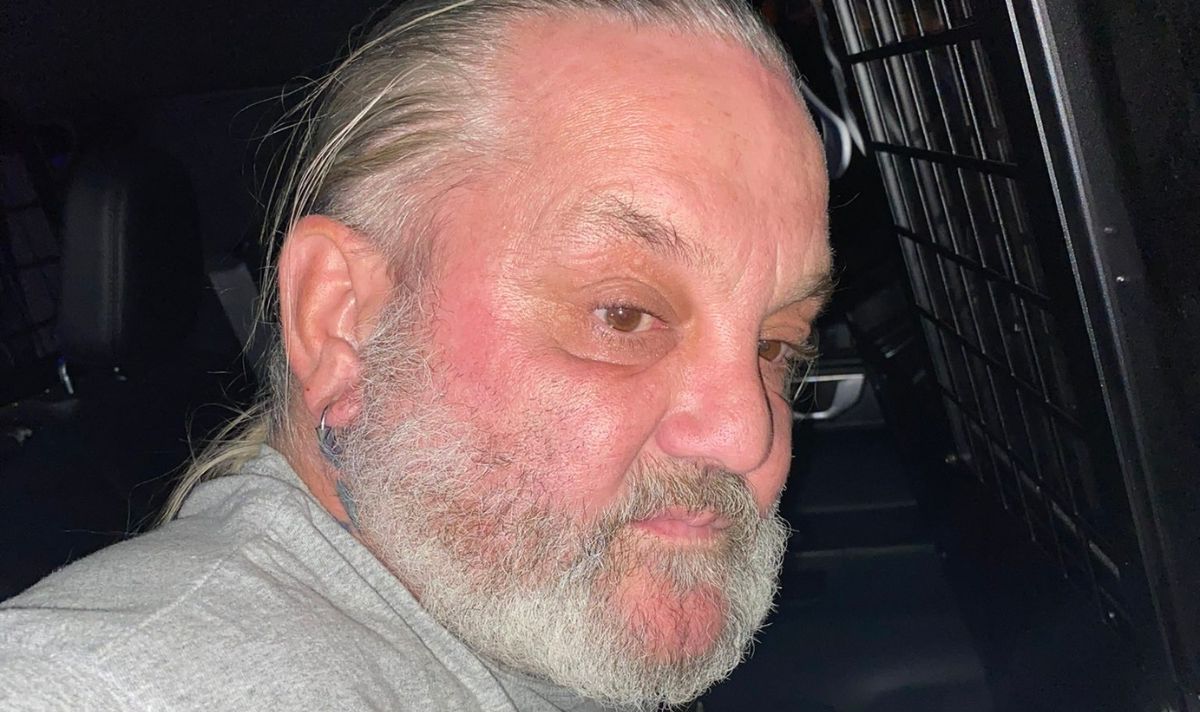



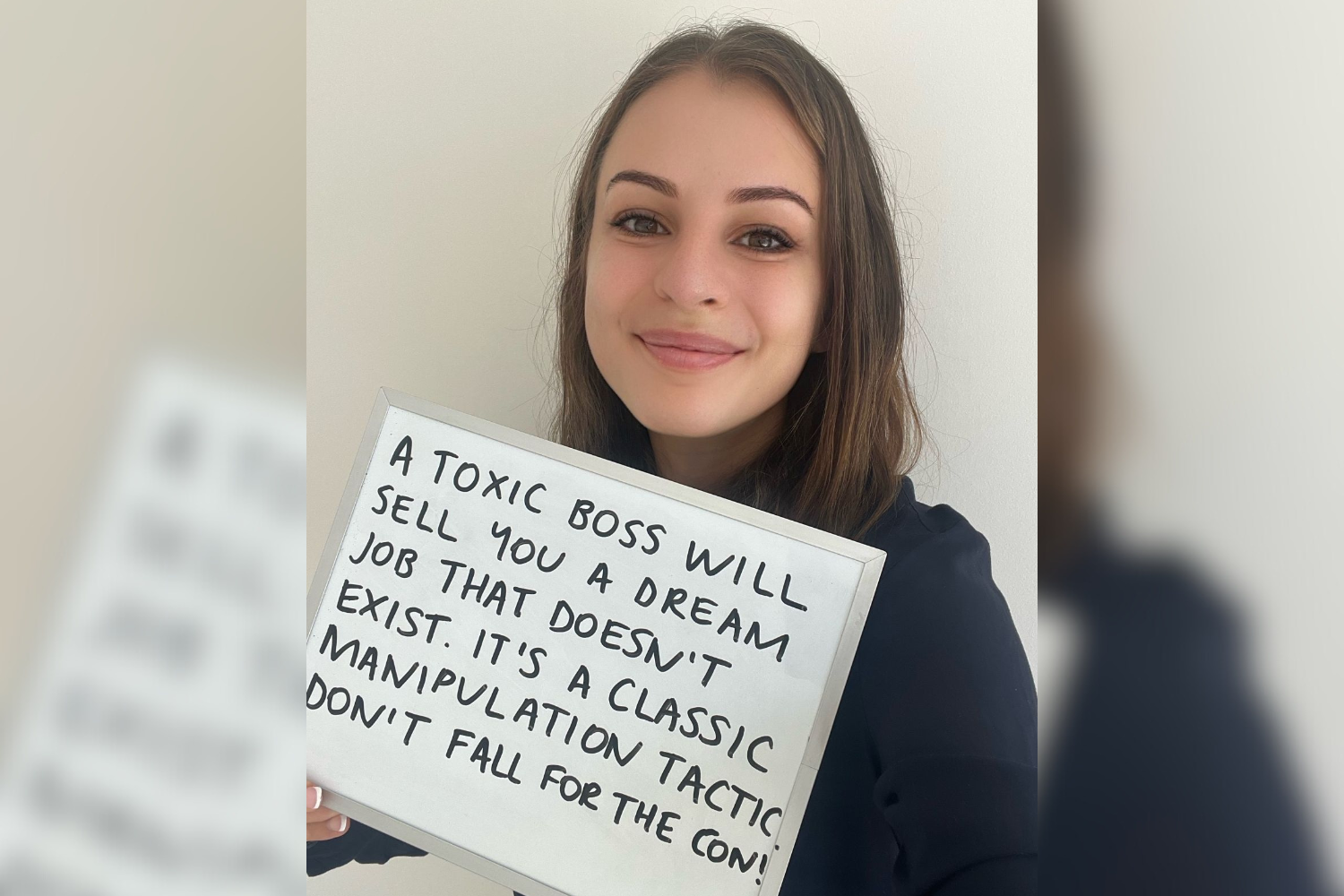


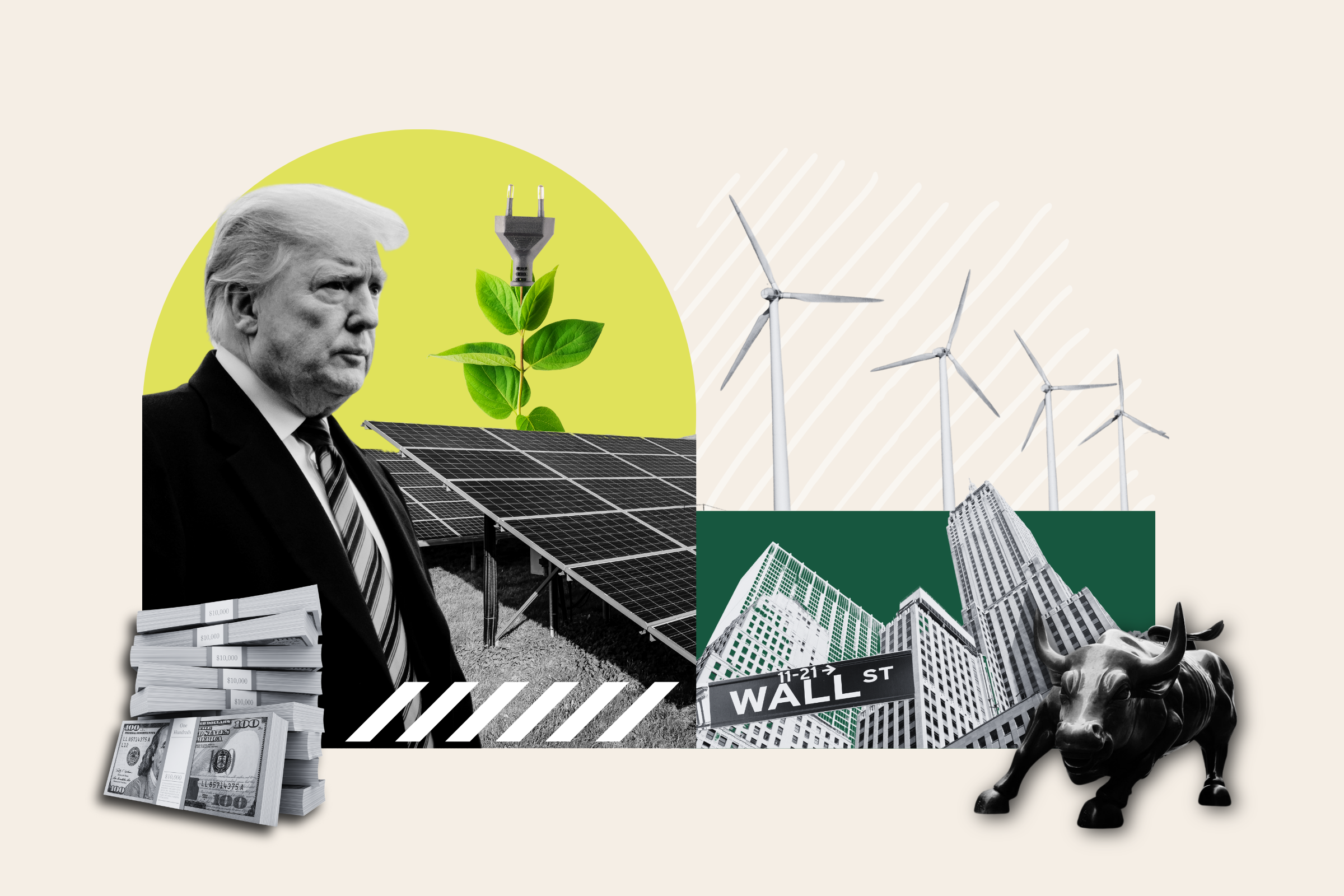








 English (US) ·
English (US) ·